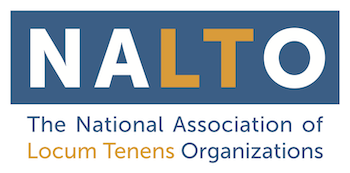A critical part of a physician's career is deciding on what setting they desire to practice in. There are many different factors involved in this decision, such as patient volume, location, specialty, compensation, CME opportunities and countless more, which can differ for every physician depending on what their personal and career goals are. While this is an important decision for all physicians, it is an especially critical juncture for newly trained physicians, residents or fellows. When it comes to physicians’ lifestyles, between seeing patients and administrative duties it can be difficult to establish long term pursuits to obtain their ideal practice setting.
Additionally, once a setting is identified, finding a proper position can be a very difficult proposition. Since there are so many factors involved, such as interviewing, travel, or relocation, it can be a burden to search for the ideal position and setting. When a physician has not decided upon the different aspects of their ideal setting, they may consider Locum Tenens as an option. Locum Tenens gives physicians an opportunity to not only learn about but personally experience various practice settings, allowing them the best possible chance to identify one that they love.
